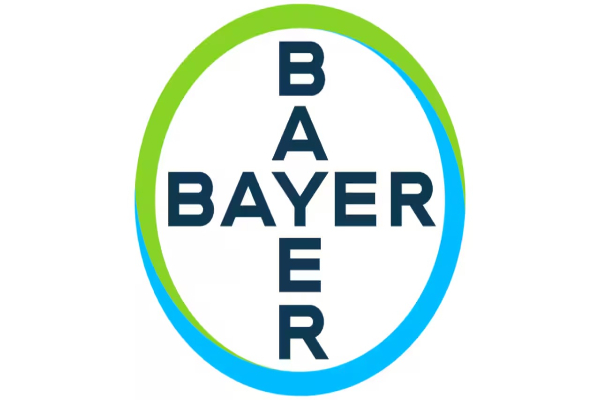Finerenone is the first drug targeting the mineralocorticoid receptor (MR) pathway to demonstrate cardiovascular benefits in a Phase III study in patients with heart failure

Bayer announced the submission of a marketing authorization application to the Ministry of Health, Labour, and Welfare (MHLW) in Japan, seeking approval of finerenone in adult patients with chronic heart failure (with a left ventricular ejection fraction (LVEF) of ≥40%, i.e. mildly reduced LVEF (HFmrEF) or preserved LVEF (HFpEF)).
Finerenone is a non-steroidal, selective mineralocorticoid receptor antagonist (nsMRA) and the first drug targeting the mineralocorticoid receptor (MR) pathway that has demonstrated cardiovascular benefits in patients with HF with a left ventricular ejection fraction (LVEF) of ≥40% in a Phase III study (FINEARTS-HF).
Finerenone is already marketed as Kerendia™ or, in some countries, as Firialta™, and approved for the treatment of adult patients with chronic kidney disease (CKD) associated with type 2 diabetes (T2D) in more than 90 countries worldwide, including in China, Europe, Japan, and the U.S.
“According to estimates, 1.2 million people in Japan are living with heart failure, and 60% of these patients suffer from heart failure with an LVEF of ≥40%, who have a multitude of comorbidities such as hypertension and atrial fibrillation, and a high risk for cardiovascular events, providing a significant challenge for their treating physicians,” said Christine Roth, Executive Vice President, Global Product Strategy and Commercialization and Member of the Pharmaceuticals Leadership Team at Bayer.
“As physicians navigate the complexities of multiple comorbidities, at the same time they are facing a lack of proven treatment options, limiting their ability to help these patients. Finerenone, if approved, has the potential to become a new pillar of treatment for this common form of heart failure, alleviating the burden of serious outcomes in an underserved patient population.”
Heart failure (HF) is a rapidly growing public health issue affecting over 60 million people worldwide.

Subscribe To Our Newsletter & Stay Updated